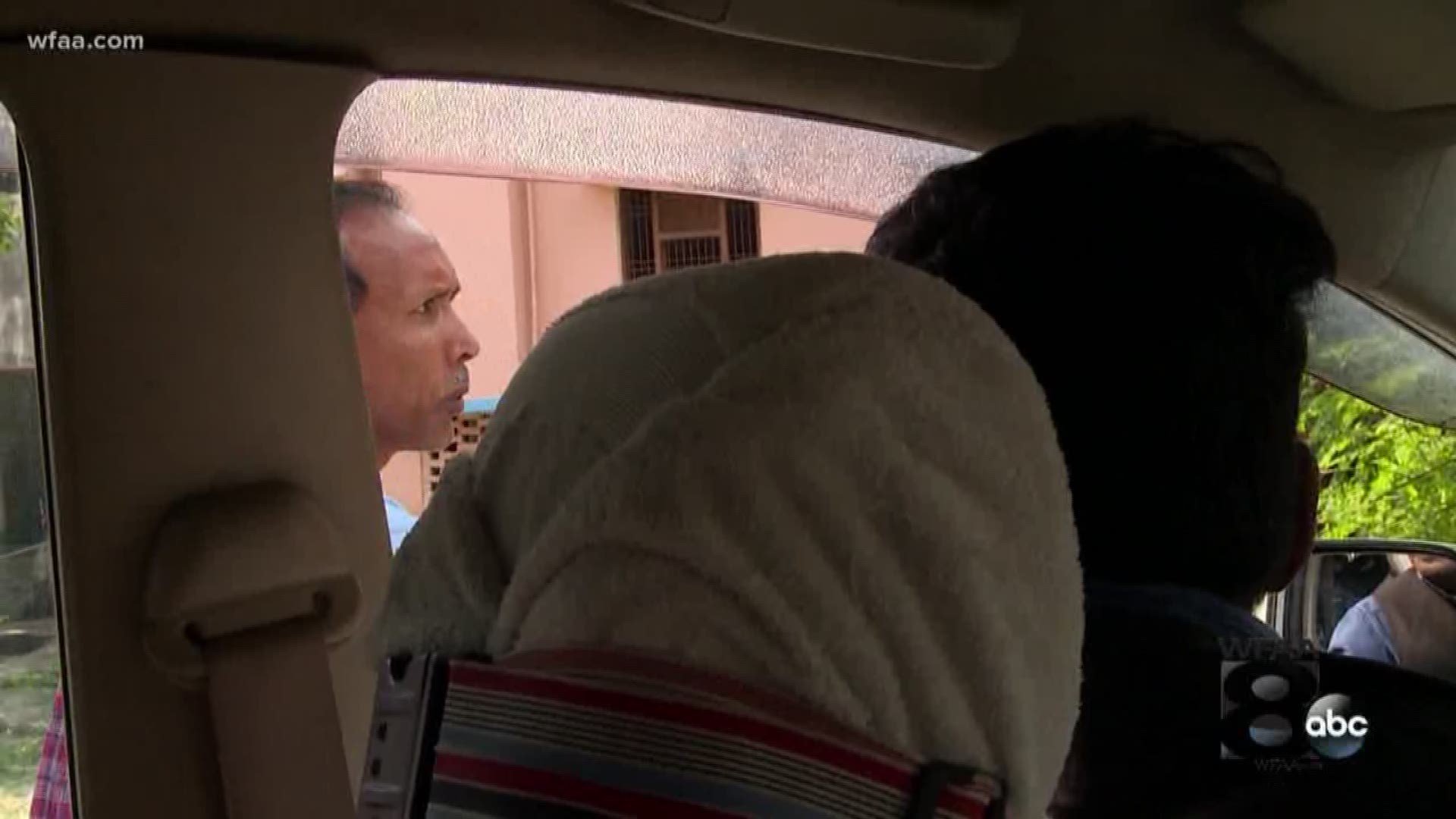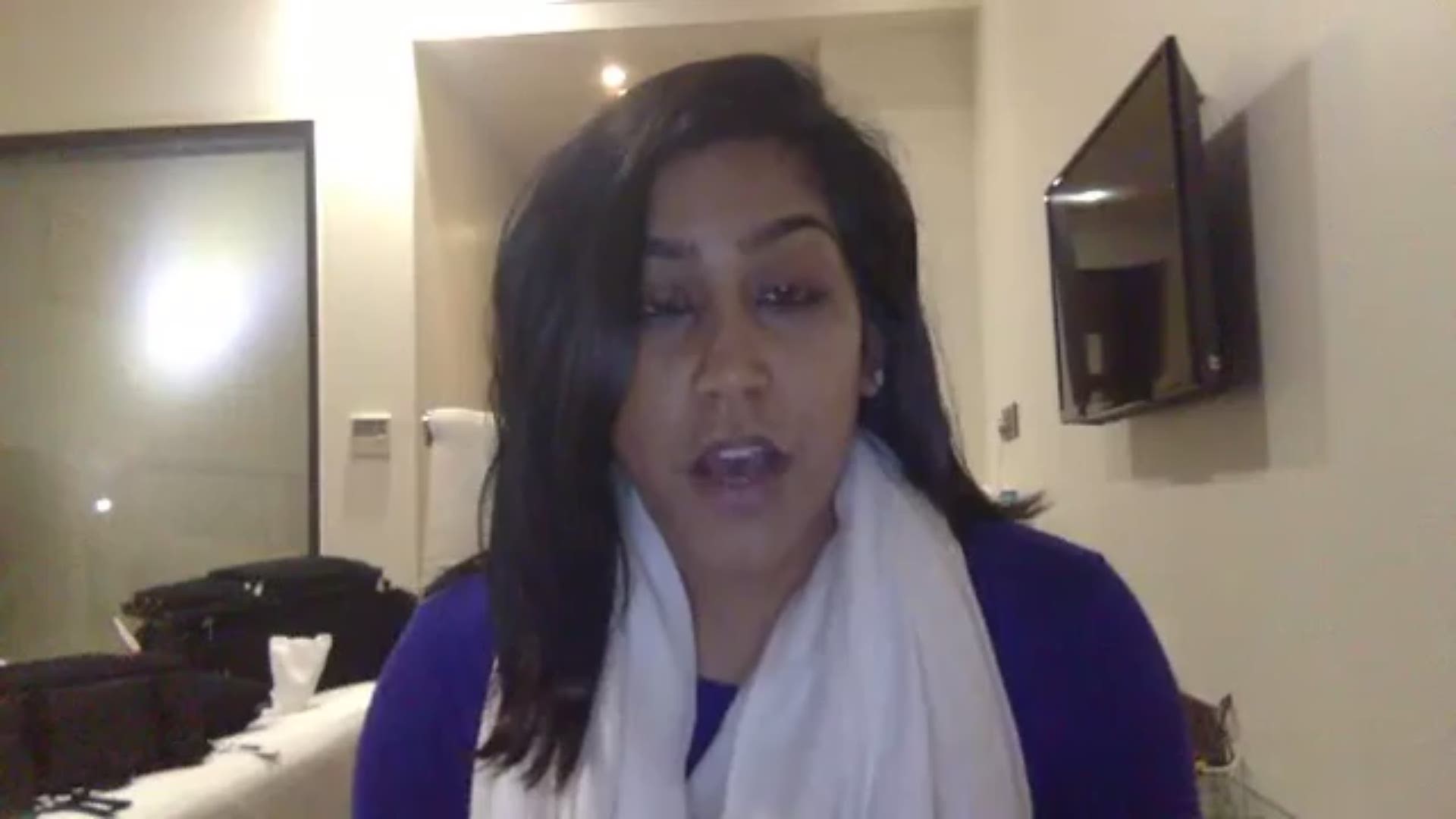It's been one week since 3-year-old Sherin Mathews' body was found in a culvert not far from her Richardson home. Sherin's adoptive father, Wesley Mathews, admitted to removing the child's body and faces a felony injury to a child charge.
A cause of death is still pending for the child, and many questions still surround the investigation.
Sherin's body was released from the medical examiner's office over the weekend and taken to a funeral home, but there are no details on funeral arrangements or how she will be honored.
Sherin was adopted from an orphanage in Nalanda, a city in the eastern state of India's Bihar in 2016. Sherin lived in the orphanage since she was an infant. At the time she was named Saraswati.
WFAA has sent a team of journalists to India to learn more about Sherin's life as Saraswati, before she was adopted and brought to Dallas as Sherin.Starting Wednesday, this article will detail the team's entire journey.
Wednesday 11/1/17: Nalanda, India
We set out bright and early on a mission to make it to the city of Nalanda. Nalanda is a city inside the state of Bihar and is about 67 kilometers which ended up being a two hour road trip for the team.
On the way to Nalanda, we called Babita Kumari, Sherin's caretaker at the orphanage and told her we were on our way to the area.
She hasn't appeared on camera for any interviews about Sherin so we were grateful for the opportunity to interview her inside her home.
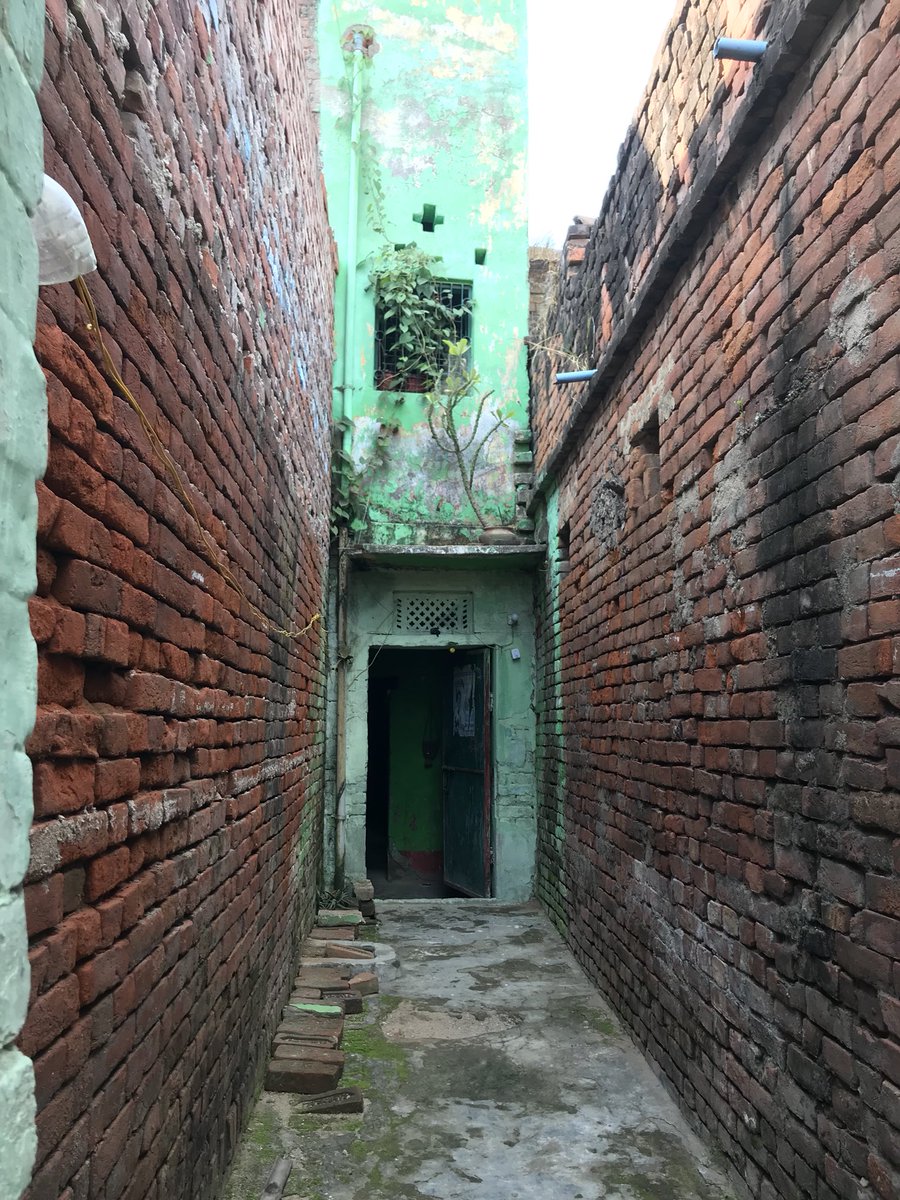
Sherin was abandoned in the area and was found at a young age by India's equivalency of a Salvation Army worker. She was then brought to Kumari's adoption agency or in other words, an ashram.
The first thing I noticed when I walked in was the photo hanging on Kumari's wall directly facing her desk...it was a photo of baby Sherin with a beaded garland wrapped around it. In the Hindu religion, as a sign of respect and as a way to honor someone, a garland is placed on a photo of a loved one once they have passed away.
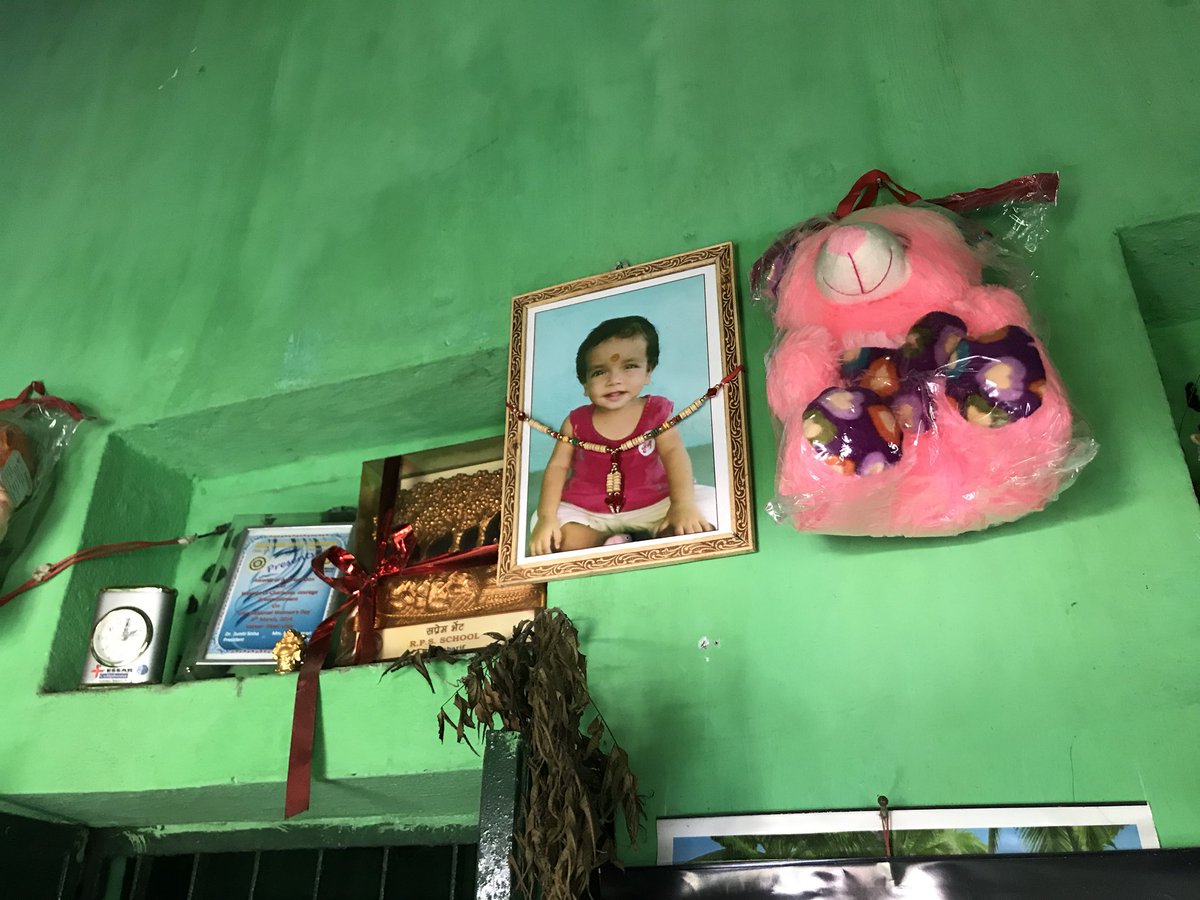
Kumari explained that the children she used to take care of at her adoption agency never knew a real mother or father. This was especially true for Sherin -- she used to call Kumari "mumma."
She says it was very difficult for her to let Sherin leave with her new adoptive parents, Sini and Wesley Mathews but at the time she thought it was for the best. Kumari talked about how sending her to America meant better opportunities for her and a chance to be provided for better than she was in India.
We showed photos of Sherin throughout her short life to Kumari and asked her what emotions she had as she looked at them. All she could say was that looking at the progression of photos taken at various points in her life, Kumari said she sensed a "pattern of sadness" on Sherin's face.
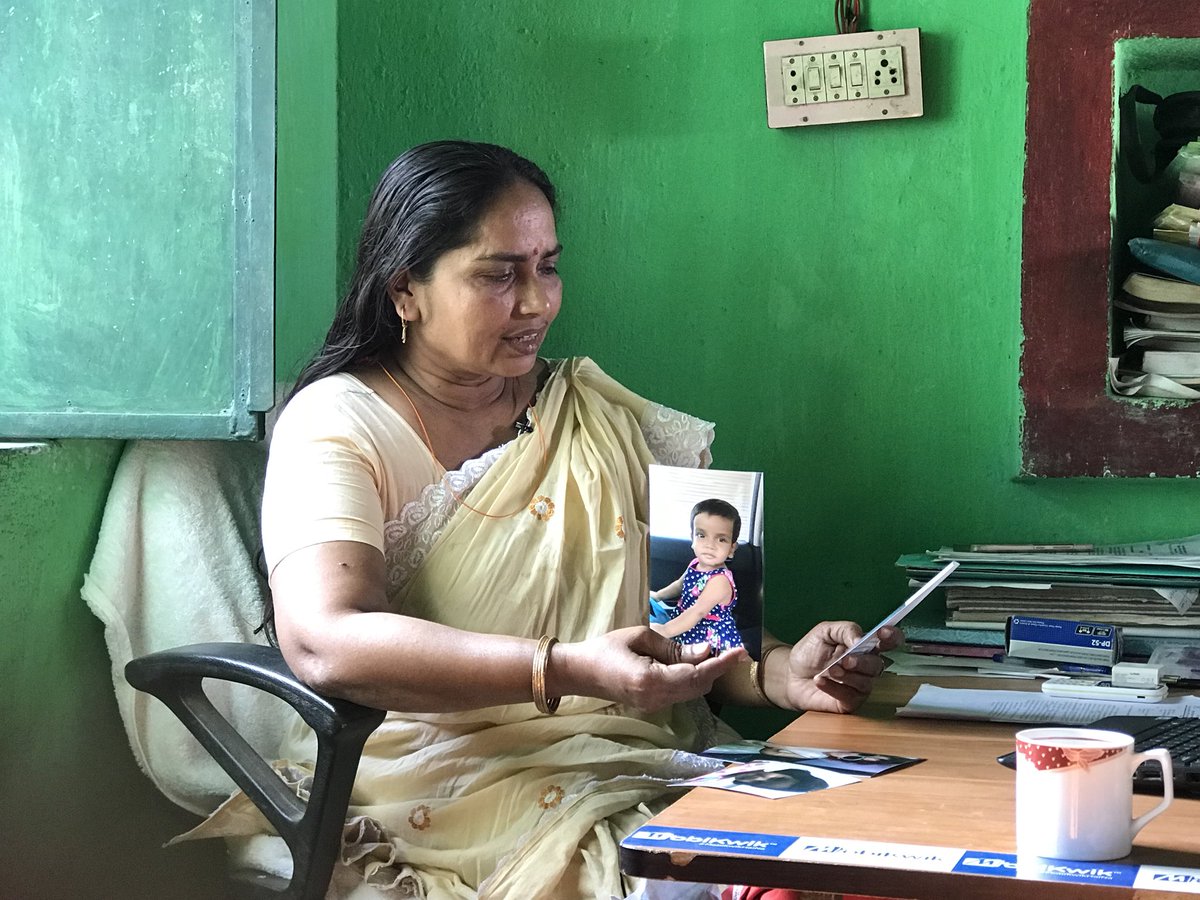
Kumari expressed her interest in speaking with Wesley Mathews, Sherin's adoptive father. She said if given the opportunity she would probably end up slapping him.
"This could have been avoided, she said. "Saraswati [Sherin] should have been alive."
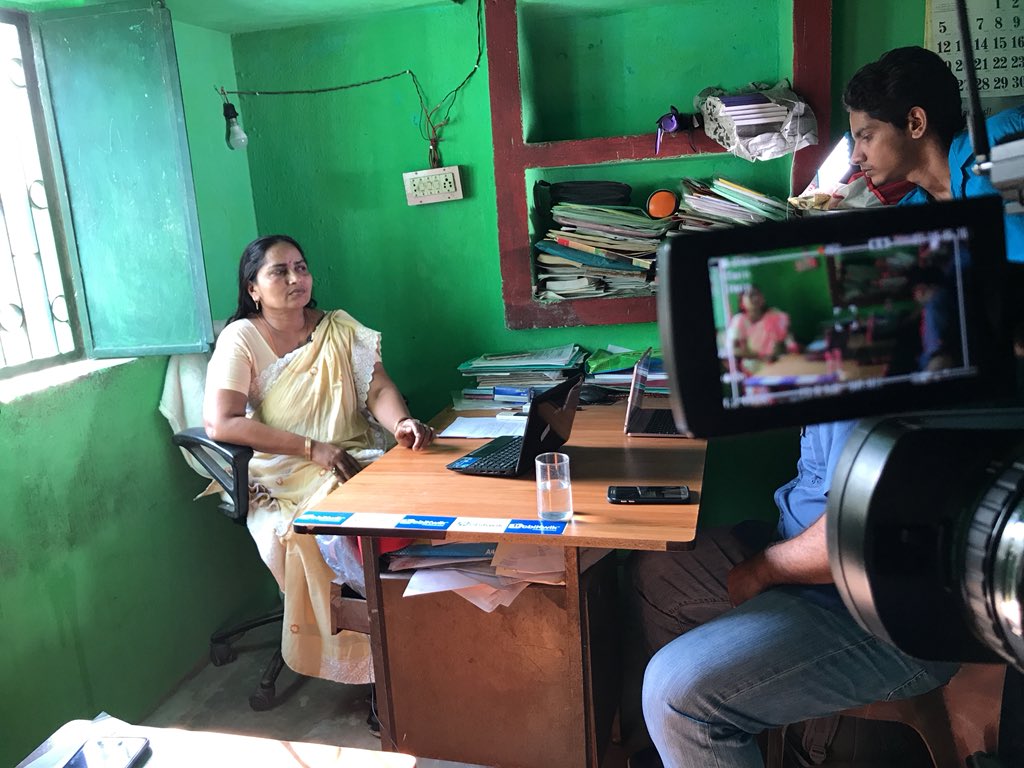
After visiting Kumari in her village, we went to see the ashram where Sherin lived. The top two floors of the building were used for the ashram's purpose but now it's completely residential.
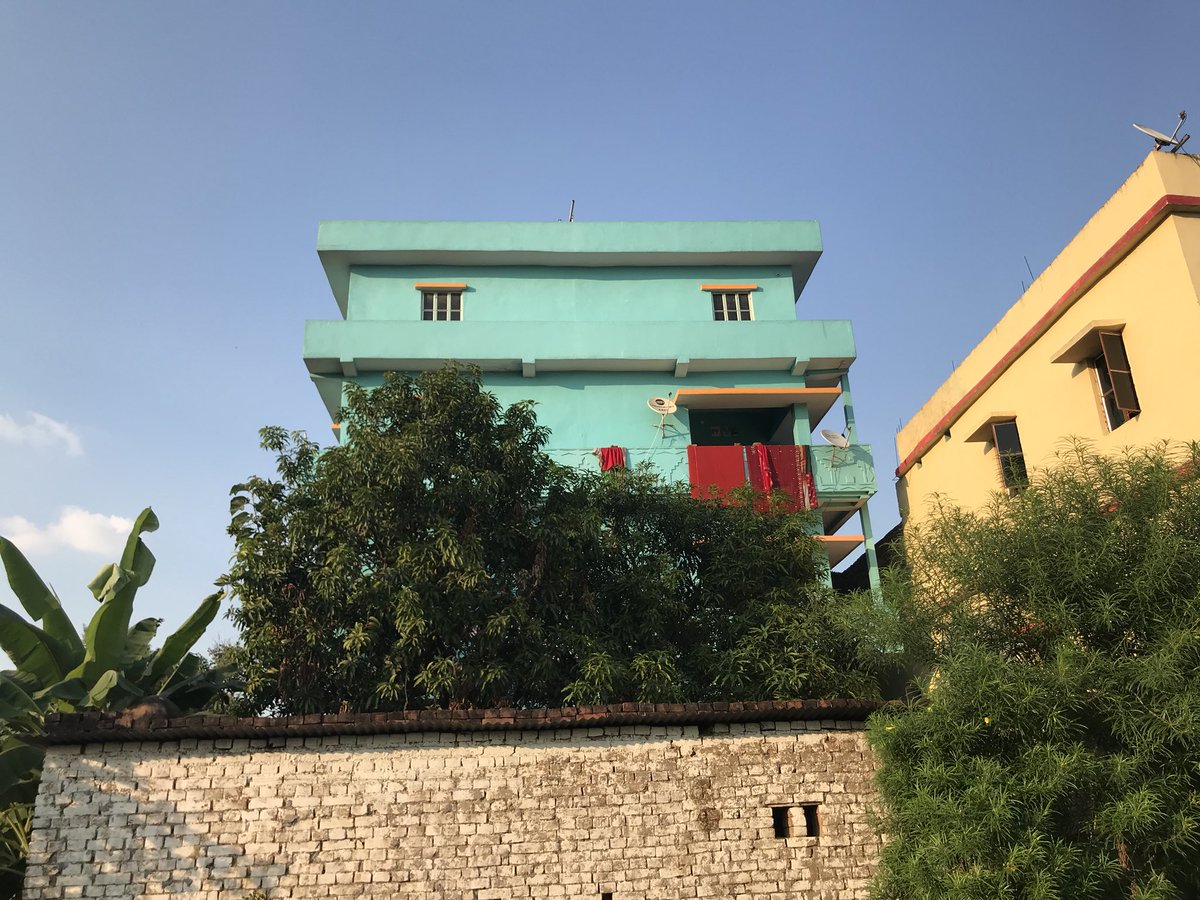
He showed us where Sherin and the other children used to play and said he always supported Kumari and applauded her for the work she did for the children.
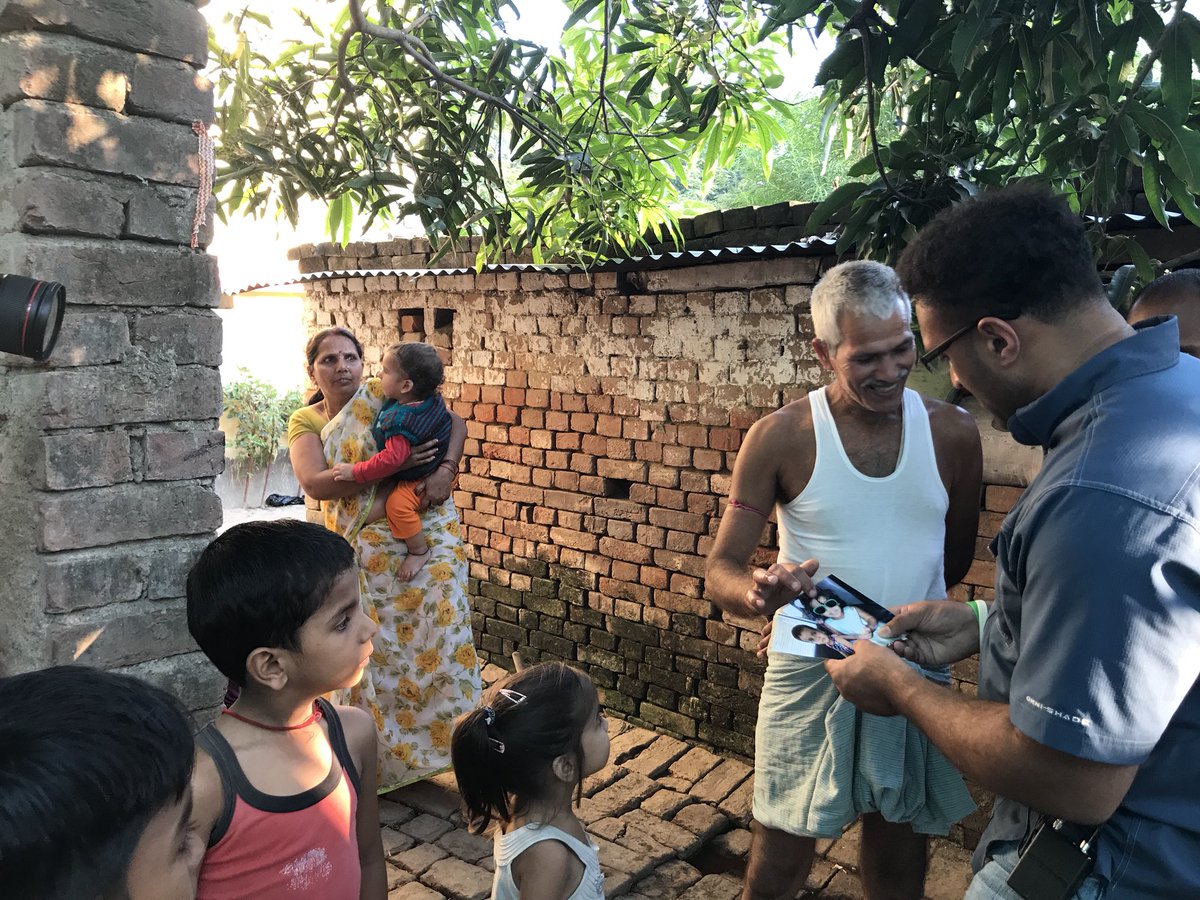
Naman Mishra, a journalist with News Bihar has been accompanying us throughout our time in India. Mishra says though what happened to Sherin is tragic, the community in Bihar has not showed the same outcry that community members in Dallas and throughout the nation have.
On Thursday we plan on finding an answer to the question, "What now?" What happens to the adoption process and relations between the United States and India. Kumari says things will definitely change, but how? We're going to talk to a teacher at a local orphanage and leaders in the community about how things will change.
Thursday 11/2/17: Patna, India
We started our day a little later today. We didn't have to drive far to get the interviews we needed so we stayed in the city of Patna.
We started our day at Dr. Ashok Choudary, former president of Bihar Congress and Bihar Minister of Education's compound.
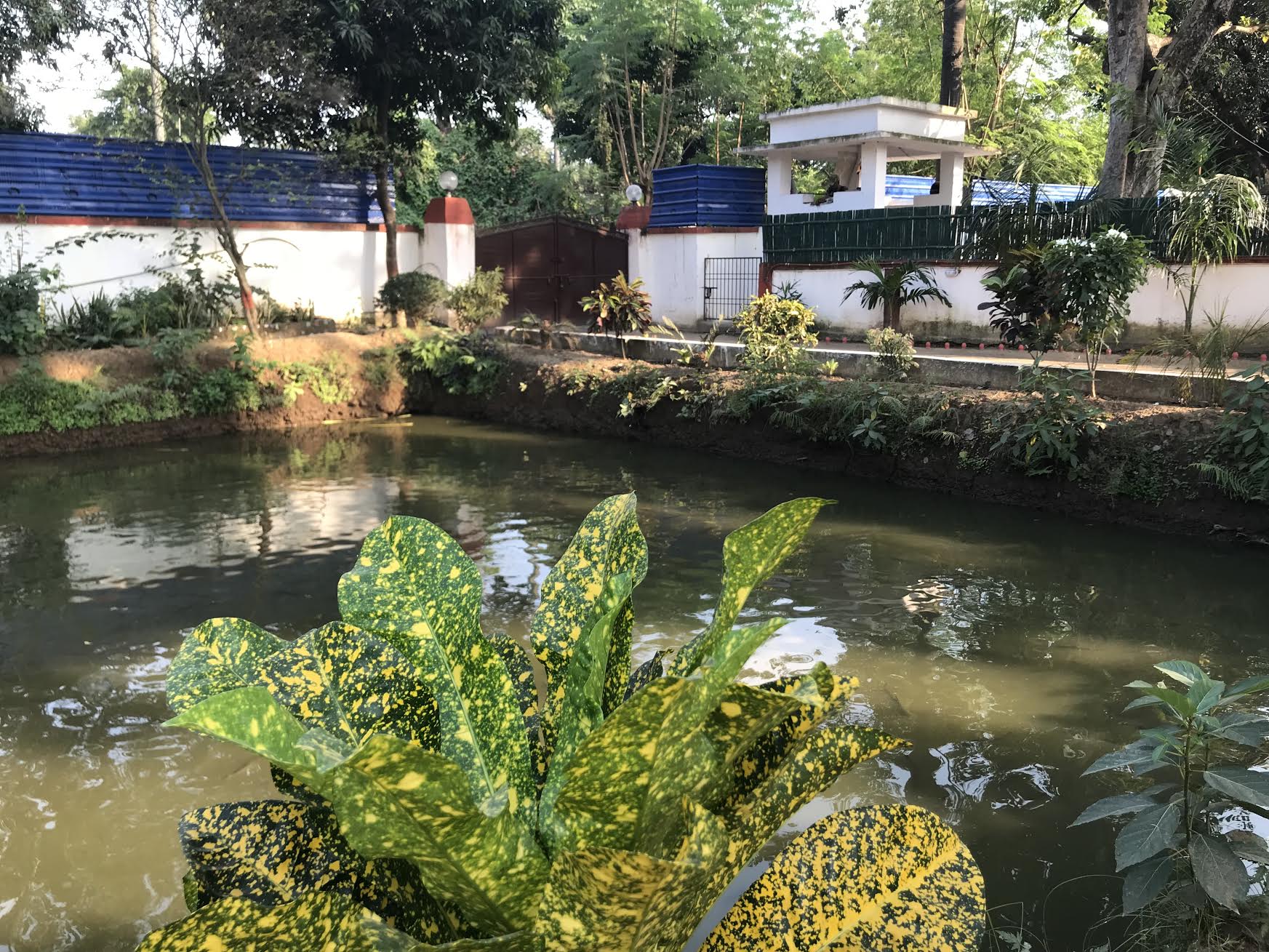
Choudary spoke about his work in education and his current role in the upcoming legislative session. On Nov. 27, all 74 members of the legislative body will gather to discuss new action items. He says he will definitely be speaking about India's adoption process there.
"It doesn't matter what caste, religion or race someone is," Choudary said. "This shouldn't happen to anyone."
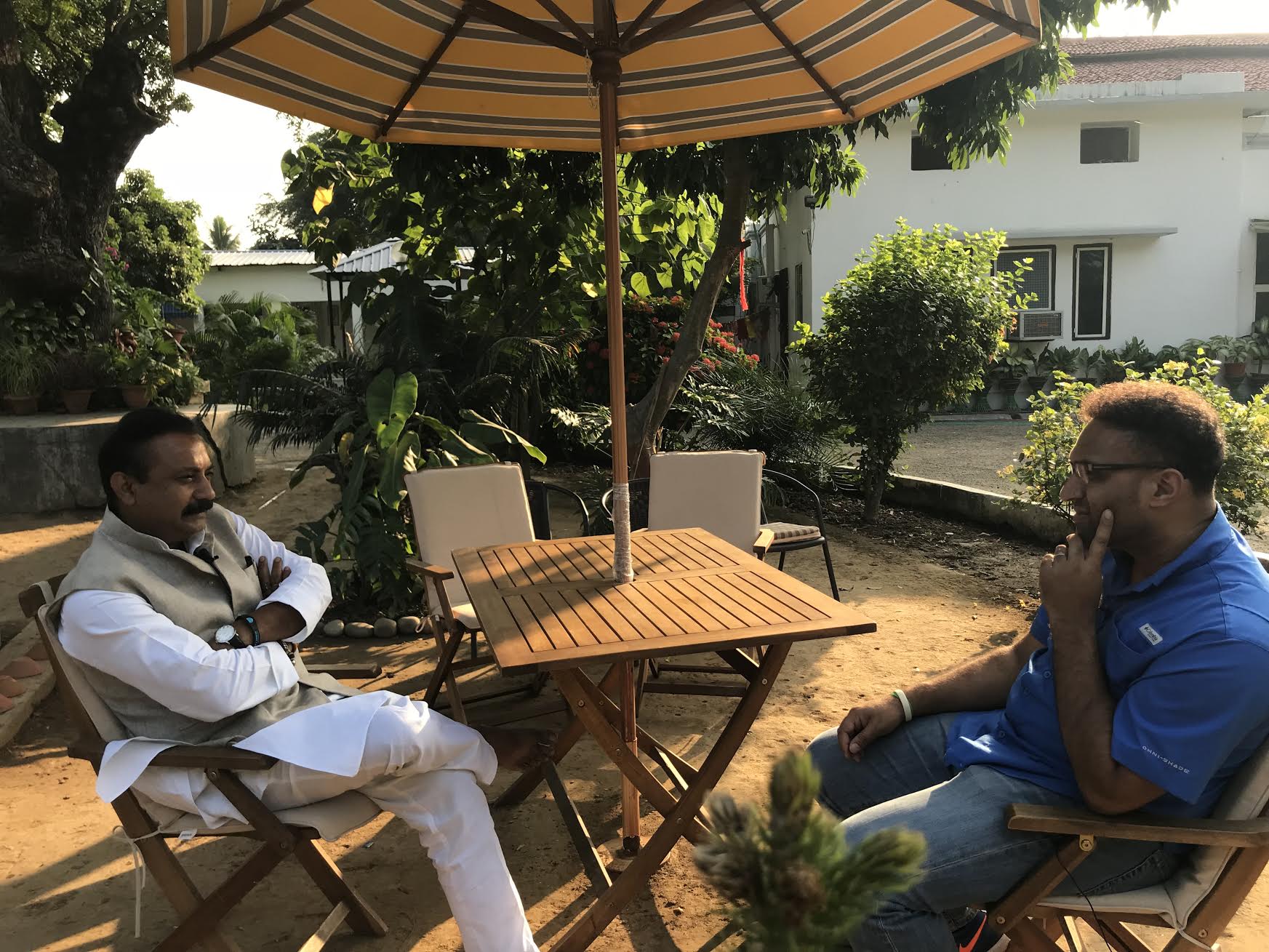
We asked him what he thinks will happen to the adoption process in India and his solution is to buckle down on the adoption screening process.
"I think the [prospective] parents should stay in the city where the child is before adoption so they can really get to know the child and make sure it's a good fit" Choudary said.
His facial expresses changed from concerned to disturbed when we asked what he thought about Sherin Mathews in particular.
"It's pathetic...really pathetic that we failed her not once, but twice," he said.
For Choudary, even though he didn't ever meet Sherin personally, he will always see her as Saraswati. This is in large part due to the media coverage in India consistently calling her by that name and that it connects her to her Bihari roots.
We asked Choudary about something we discussed on Facebook Live Wednesday and that's about the stigma surrounding the South Asian community about adopting and couple's who decide to adopt.
Choudary said maybe the pressure of this stigma and difficulties they say they've had with her in combination contributed to the Mathew's being unable to care for Saraswati.
He said, "if you see 25 years before, the situation has changed" and people have changed their opinions and views in India.
Following Choudary's interview we traveled 20 minutes down the road to a night school in the slums ran by a former politician, Rishikesh Singh.
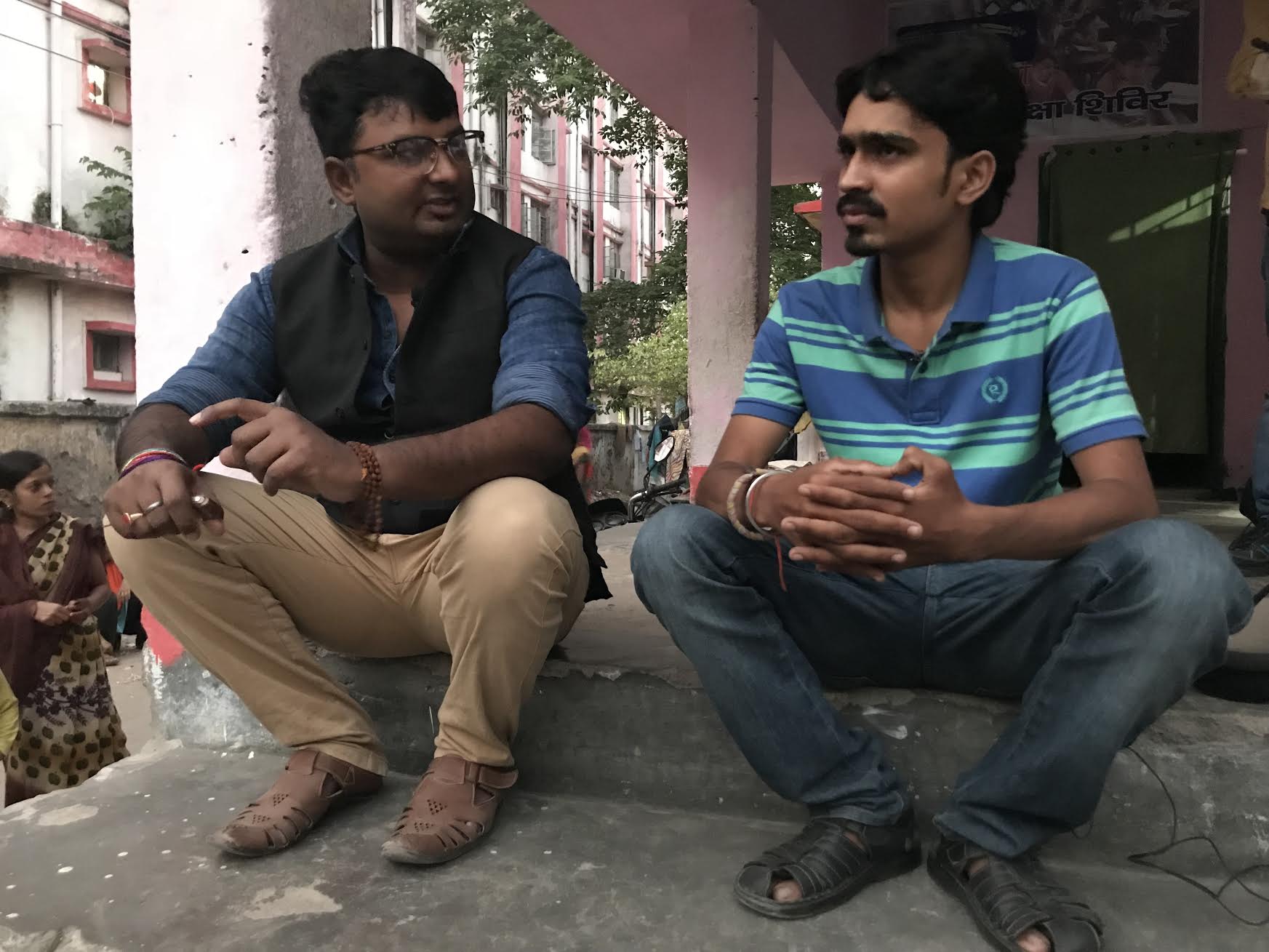
Singh left politics to become a social worker and opened up two schools for children in one of poorest parts of town. The one we visited was called Gyanshala.
He expressed his sadness for the events that happened with Sherin and wishes that her biological parents knew they had options in caring for her instead of abandoning her.
Singh's purpose for holding free night classes is to educate the at-risk youth in the slums and show their parents that they are capable of a quality education.
Classes are seven days a week from 3 p.m. - 6 p.m. A third school is currently in the works and scheduled to open on India's next Children's Day on Nov. 14.
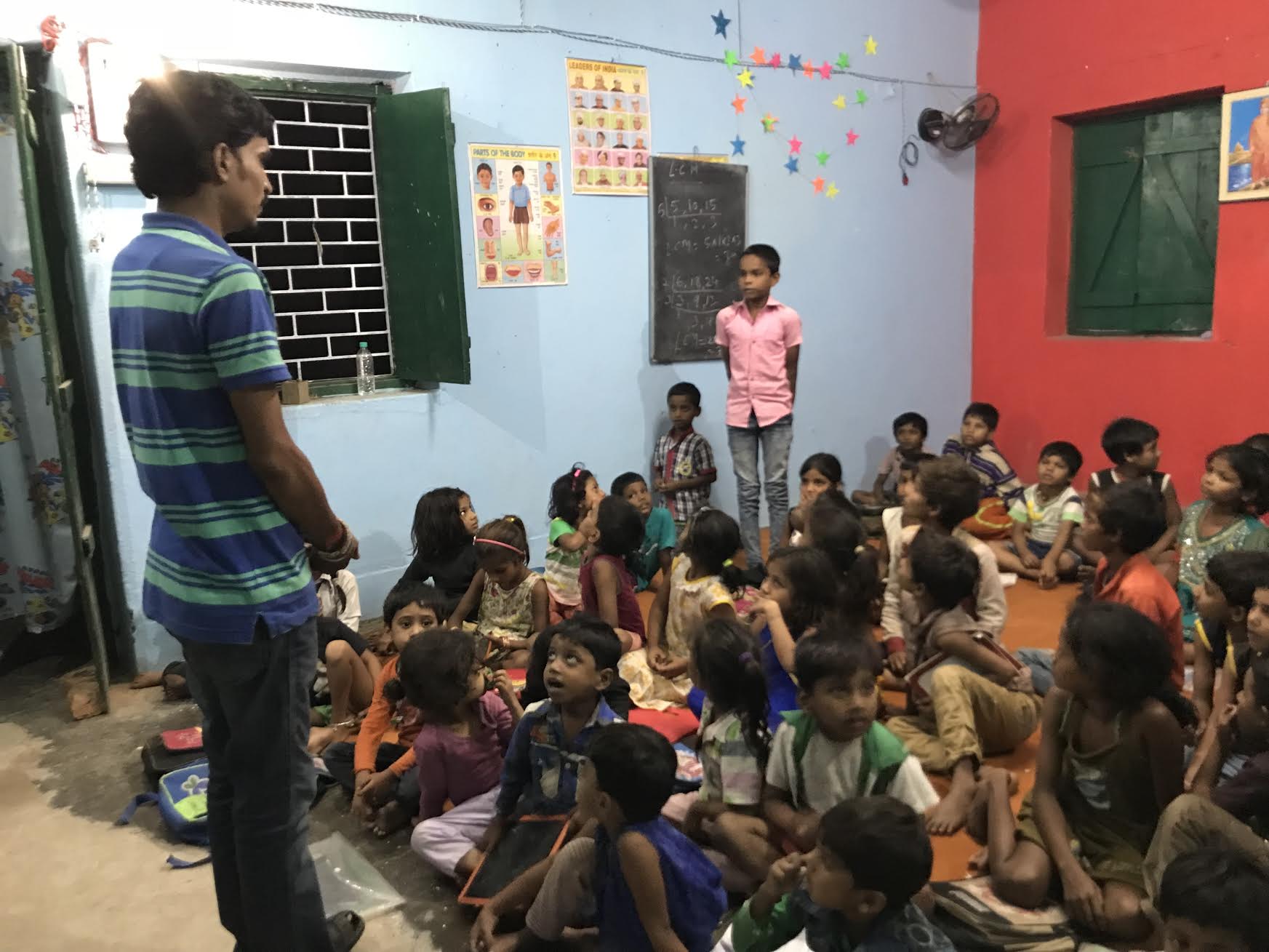
"I feel very sad," Singh said. "Parents shouldn't abandon their children no matter how poor they are."
His advice for adjusting the adoption process was more transparency across the board. More communication and screening between the governing body, the Indian child and the adoption agency.
"The government and adoption agency should never lose touch with the child," he suggested.
Singh also said there should be some sort of plan to track their health and wellness. Even if they don't have any issues while they're in the adoption agency's custody, that doesn't mean that after they've moved on they won't develop them later in life.
On the other hand, we spoke with Arun Dohle with an organization called "Against Child Trafficking" who says intercontinental adoptions must come to a hault.
"American parents should take care of American children and Indian is able to take care of its own children," he said. "It should just be stopped."
Dohle said he doesn't like the violation of children's rights and very little resources are being established to administer proper care in India.
"The point is that the Indian government has no way of following up with what happens to US children," he said.
At that point Dhole said essentially the entire Indian country has abandoned the child.
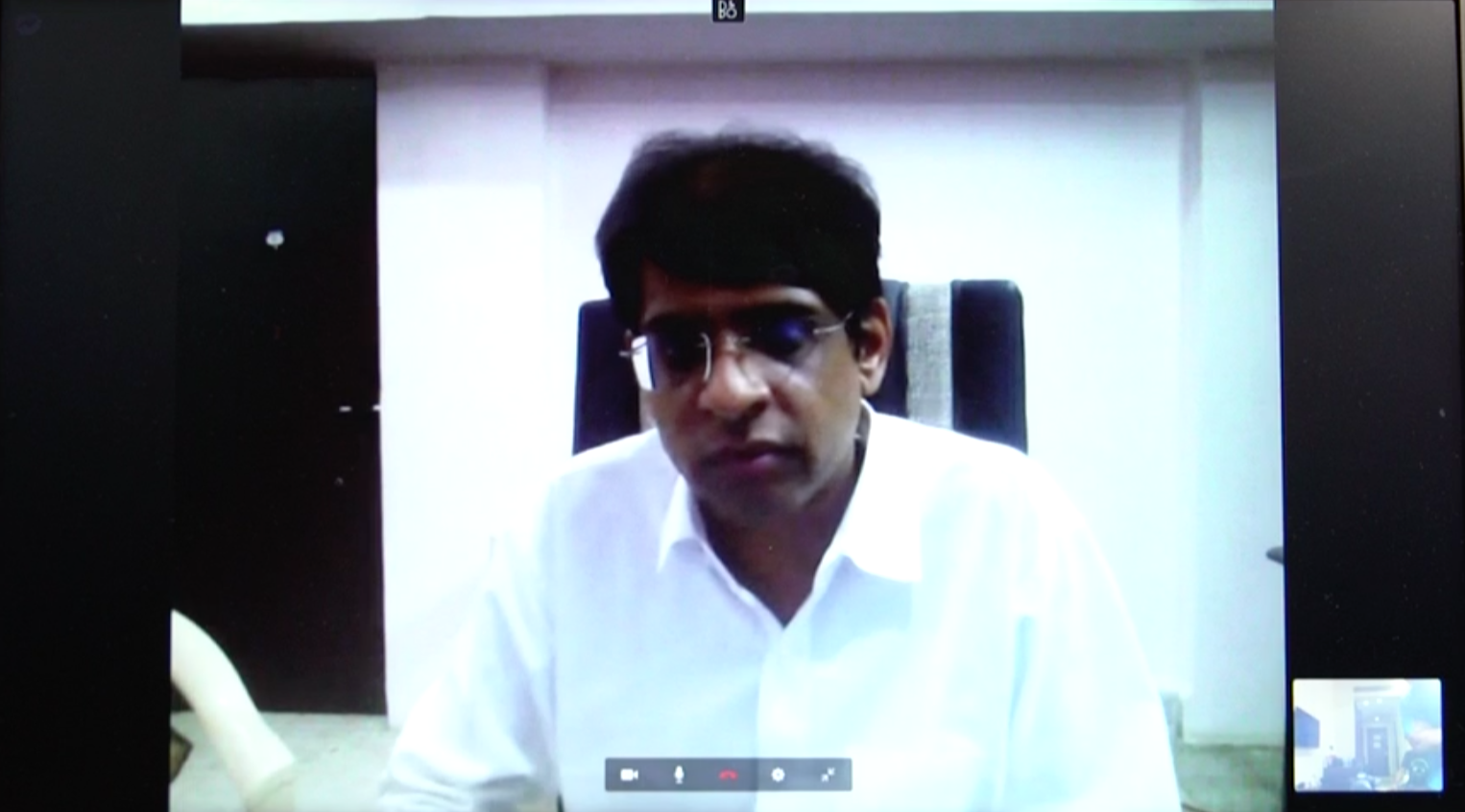
With details continuing to evolve in Sherin Mathews' death, you can count on WFAA and our team to stay on top of any and all updates. Thank you for taking this journey with us and we hope we'll have more answers soon.
Have a question or want to take a look back on the journey through social? Tweet the team: @alishaebrahimji, @jobinpnews and @brandonmowry -- or follow @wfaa8 on Instagram.

